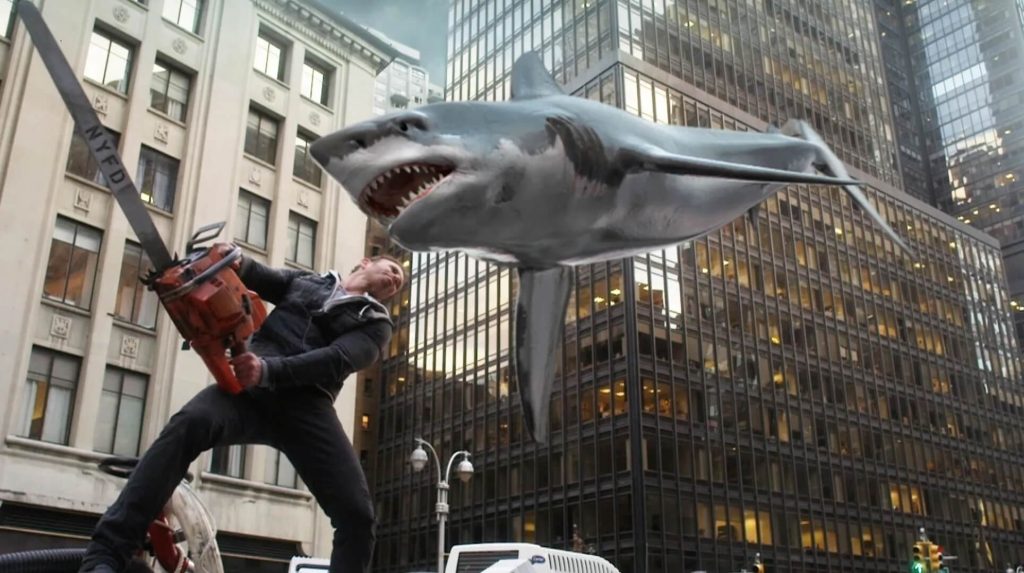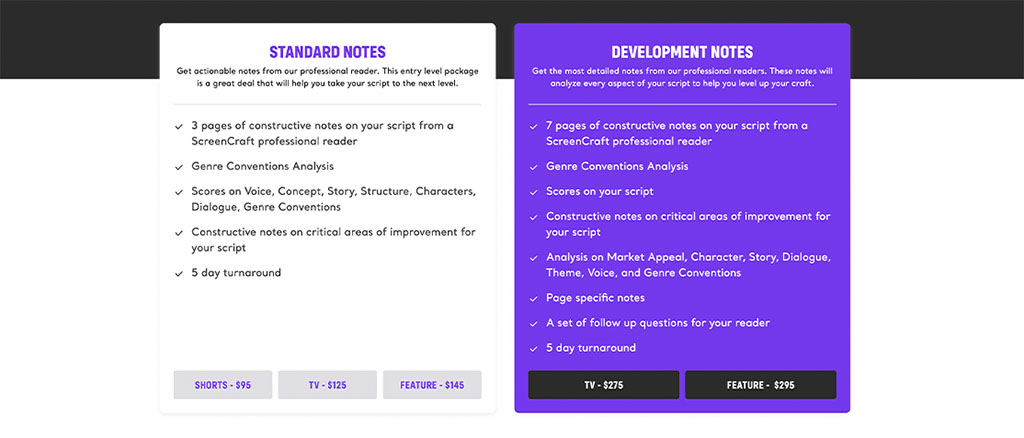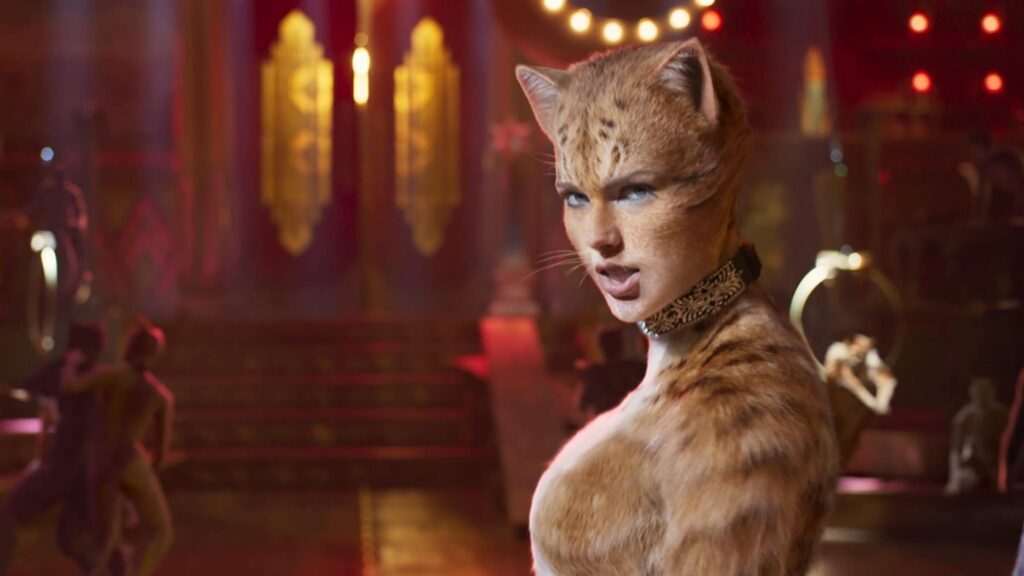You walk into a theater or click on an option and two hours later (more or less) you’re wondering: “How do bad movies get made?”
You find yourself asking:
- Is it the screenwriter’s fault?
- Is it the director’s fault?
- Is it the producers’ fault?
- Is it the actor’s fault?
- Is it the editor’s fault?
The quick answer is, probably all of the above.
Everyone involved in production (or post-production) can have problems. But too often, people go directly to writers and their scripts, not knowing everything that’s involved in the process or how many people are involved when it’s released.
With that in mind, we’re here to delve into the question of how bad movies get made, and gain some insight into the collaborative process at the screenwriting, filmmaking, and studio levels.
Movies are subjective
First of all, movies are subjective. Yes, there are objective factors in whether a movie is good or bad. Think about it Mystery Science 3000 features, many Roger Corman (or equivalent) features, Sharknado franchise, some iconic and lifetime features, and budgetary issues such as the never-released 1994 Fantastic Four Movie.
Many of these films are either made for niche audiences with expectations of budget constraints, or have less-than-stellar concepts, stories, and characters.
Hallmark, Lifetime and Tubi movies
Believe me. I write these things (lifetime thrillers) for a living. While I’ve made some excellent films based on my screenplays, with talented directors, actors, and crews, many of these feature films have limitations:
- Limited budget
- Foundry Pool Limited
- Limited time to develop scripts
- Shooting schedule is limited
Other than that, the concept and genre (romantic comedy and thriller) are pretty conventional as the platform depends on the audience.
Their audience knows what they want. They want a simple, fun, and sometimes cheesy romantic comedy or thriller. Audience expectations are basic and they seek a relaxing and guilty viewing experience. So naturally platforms cater to this and try to publish as much content as possible.
If you want to become a professional screenwriter working in a sandbox, with plenty of opportunities to get hired for assignments, and actually see your work produced and distributed, Hallmark, Lifetime, and Tubi are your best options. They produce and distribute more films than any studio combined.
This can be compared to Roger Corman’s bygone era, when the legendary producer made more movies than anyone else. He made films quickly and cheaply, often profiting from creative theatrical releases and home entertainment.
These films may not reach the level of major studio, network and streaming releases, but they represent a niche audience that wants to see these films more and more.
Read more: How Screenwriters Can Pitch, Pitch, and Write for a Lifetime


“Death Group” (2014)
big studio tent movie
Some are great. Some are bad. But it’s important to remember that these types of hit movies only have one thing: entertainment. Going deeper, their purpose is to sell tickets. Simple and clear.
So, yes, fast and Furious or jurassic world Franchise movies may not make logical sense when it comes to real-world physics, characters, and story plausibility—but they sure do entertain.
Such movies are called “big tents” because they can represent the circus’ big tent, where people can see what they would expect from a circus – clowns, circus animals, death-defying stunts, and more. Live all these things, but every year they come back with more of the same thing. That That’s the nature of tentpole studio movies.
Sharknado and other SyFy Shlock
Once again, the people who wrote and produced these films knew exactly what they were writing about. In fact, they purposely came up with the most ridiculous title and premise.
Why? Because that’s why people click on them.
Once again we can compare these to Roger Corman’s old days, when he would make genre films with no budget and scramble a script to put something on the screen (or VHS cover) to Appealing to genre fans or anyone looking for a guilty pleasure.
They make these kinds of bad movies on purpose.
Read more: Three things producers want in a script


“Sharknado 2: The Second” (2014)
5 Reasons Why Bad Movies Happen
Okay, now that we have some background on why Hollywood makes bad movies, let’s talk about why some no What I originally wanted to be “bad” turned out to be “bad”.
1. Made in a hurry
Rushed production is probably the biggest culprit in making a bad movie. The studio system is money driven. Film studio executives have to please company shareholders, so they are forced to release X number of movies to deliver a certain profit expectation.
There’s often no time to rewrite the script again before the movie goes into production. Why? Because the release date has been confirmed. Not to mention that contractually the director and actors only have a certain amount of time to make the movie.
Because of this, movies are rushed into production with a draft of the script completed, no time for proper special effects, no time for proper editing, etc.
2. Too many hands in the cookie jar
Sometimes a project has a lot of help – maybe too much help. Hollywood is also known for overproduction:
- They will hire multiple writers to write multiple drafts.
- Multiple producers wanted to have their say.
- Multiple development leads will have their own visions.
- Movie stars also want their opinions to be heard and applied.
When this happens often in production or post-production, the script is nowhere near what it was before. Why? Too many hands in the cookie jar.
3. Poor production and post-production
Whether it’s because there are too many people in the cookie jar, or for other reasons we’ll mention below, poor production and post-production decisions and mistakes can turn a great script into a terrible movie.
- If the director is not a good captain, the true intent of the script may be lost in translation. Things can be overlooked, overdone, or underserved.
- If producers and studio executives focus too much on their own wants and needs, a director can end up in a tailspin when it comes to editing.
- If the director, crew, cinematographer, editor, and producer are not on the same page, it will show in the final product.
Read more: 3 Tips Screenwriters Can Learn from Directing


“Justice League” (2017)
4. Analysis or supervisory paralysis
Two opposite sides of the spectrum:
- Analysis paralysis is when marketing executives, studio executives, producers, and directors spend too much time analyzing a film’s potential success through multiple cuts or cuts driven solely by test audience reaction.
- Supervising the same person on cruise control the entire time misses key elements.
This happens often. This is usually the result of too many people involved at the studio level. A great script can be adapted so badly that it barely resembles what it looked like before the writer submitted the final draft.
5. The script is terrible.
Hey, it happens. Sometimes, it all comes down to the screenwriter’s failure to write the best script possible on a deadline. Other times, it’s partly because of multiple notes from multiple people that forces a writer to write a script that seems disjointed.
Of course, sometimes writers leave too many plot holes in a script that are lost during development and filmmaking.
Movies are difficult to make
Finally, everyone needs to remember that movies are incredibly difficult to make. It’s even harder to make movies that are amazing and worthy both at the box office and during awards season. The classics we know—and the contemporary successes we see every year—are lightning in a bottle.
This is a collaborative medium. Movies cannot exist without a great script, and a script cannot be brought to life through studios, production companies, producers, financiers, directors, actors, actresses, crew, and editors.


—
So next time you ask yourself “How did a bad movie like this happen?” remember that at least a lot of people were employed because of this movie – including the screenwriter. Yes, sometimes movies do that on purpose because there is an audience.
No one sets out to make a bad movie. Catching lightning in a bottle is pretty difficult.
Read more: How to tell the difference between good and bad writing
Try our type annotations and get paired with a reader with relevant industry experience!


Ken Miyamoto has worked in the film industry for nearly two decades, most notably as a studio liaison and then as a script reader and story analyst for Sony Pictures.
As a production writer, he participated in numerous studio meetings with companies such as Sony, DreamWorks, Universal Pictures, Disney, Warner Bros., and numerous production and management companies. He previously signed a development deal with Lionsgate and has had several writing assignments, including starring Anne Heche, Sean Patrick Flanery, Billy Zane, James Brolin, Haley ·The miniseries “Blackout” starring Duff, Brian Bloom, Eric LaSalle and Bruce Bucklina. Follow Ken on Twitter @ken电影 and Instagram @KenMovies76

